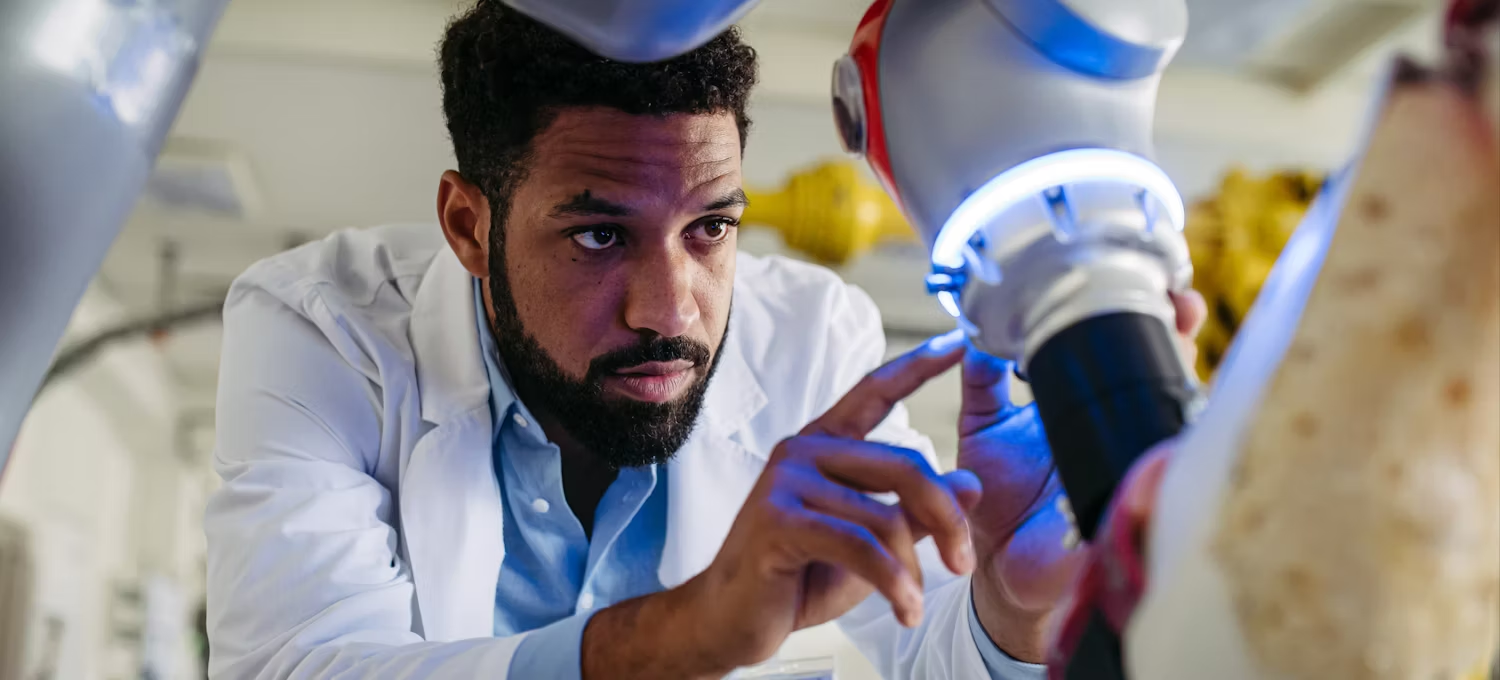Healthcare has always been one of the most dynamic fields of human progress. From the discovery of antibiotics to the development of vaccines, medical breakthroughs have continuously redefined how we prevent, diagnose, and treat disease. Today, the pace of innovation is faster than ever, driven by technological advancements, scientific research, and a growing emphasis on patient-centered care.
This article explores the latest trends, technologies, and practices shaping modern medicine—and how they are improving both the quality and accessibility of healthcare worldwide.
1. Precision Medicine: A Shift Toward Individualized Care
Traditional medicine often follows a “one-size-fits-all” approach, prescribing treatments that work for most but not all patients. Precision medicine, however, is changing this model by tailoring care to the individual.
-
Genomic Sequencing: Advances in DNA testing allow doctors to analyze a patient’s genetic profile and determine susceptibility to certain diseases.
-
Personalized Cancer Therapy: Treatments are now being designed based on the genetic mutations of tumors, making therapies more effective and reducing unnecessary side effects.
-
Pharmacogenomics: This field studies how genes affect a person’s response to medications, helping clinicians choose the right drug at the right dose.
As costs for genetic testing decrease, precision medicine is expected to become a standard part of healthcare.
2. The Role of Artificial Intelligence in Healthcare
Artificial intelligence (AI) is transforming every corner of the medical field. Machine learning algorithms can process massive amounts of data, uncover patterns, and support clinical decision-making.
-
Medical Imaging: AI can analyze X-rays, MRIs, and CT scans to detect abnormalities such as tumors with remarkable accuracy.
-
Predictive Analytics: AI systems can identify patients at high risk for conditions like diabetes or heart disease before symptoms appear.
-
Virtual Assistants: AI-powered chatbots help patients schedule appointments, access medical information, and monitor chronic conditions.
According to industry reports, AI in healthcare is projected to save billions annually by improving efficiency and reducing diagnostic errors.
3. Telemedicine and Remote Care
The COVID-19 pandemic accelerated the adoption of telemedicine, which allows patients to consult healthcare providers remotely. This approach is especially valuable for individuals in rural areas, people with mobility challenges, or those needing quick access to specialists.
Key benefits include:
-
Convenience: Patients can access care without leaving their homes.
-
Continuity of Care: Chronic conditions like diabetes and hypertension can be monitored regularly.
-
Cost Savings: Telehealth reduces travel costs and minimizes unnecessary hospital visits.
Wearable devices such as smartwatches and glucose monitors further enhance remote care by transmitting real-time data to doctors.

4. Advances in Surgical Technology
Surgery has seen some of the most remarkable transformations in modern medicine. Minimally invasive techniques and robot-assisted procedures are now common in many hospitals.
-
Laparoscopic Surgery: Small incisions and cameras allow surgeons to operate with less pain and faster recovery times.
-
Robotic Surgery: Systems like the da Vinci Surgical System provide surgeons with enhanced precision and control.
-
3D Printing in Surgery: Surgeons can now create custom prosthetics, implants, and even anatomical models to plan complex procedures.
These innovations not only improve outcomes but also reduce hospital stays and the risk of complications.
5. Breakthroughs in Regenerative Medicine
Regenerative medicine is one of the most exciting frontiers in healthcare, focusing on repairing or replacing damaged tissues and organs.
-
Stem Cell Therapy: Stem cells can develop into different cell types, offering potential treatments for spinal cord injuries, heart disease, and neurodegenerative conditions.
-
Tissue Engineering: Scientists are developing lab-grown organs and tissues to one day address organ shortages.
-
Gene Therapy: This technique modifies defective genes to treat or prevent diseases such as cystic fibrosis and muscular dystrophy.
Though still emerging, regenerative medicine promises to redefine treatment for conditions once considered untreatable.
6. Vaccines and Global Health
The rapid development of COVID-19 vaccines showcased the power of modern medical research and global collaboration. Vaccination remains one of the most effective public health tools, preventing millions of deaths annually.
Future vaccine research is focusing on:
-
Universal Flu Vaccines: To provide broad protection against multiple influenza strains.
-
Cancer Vaccines: Designed to train the immune system to recognize and attack cancer cells.
-
mRNA Technology: Used in COVID-19 vaccines, this platform has potential applications in fighting other infectious diseases.
Vaccine innovation highlights the importance of science in addressing global health crises.
7. Mental Health in Modern Medicine
For decades, mental health was treated as separate from physical health, but today, healthcare systems are increasingly integrating the two.
-
Teletherapy and Apps: Digital platforms provide access to mental health resources for millions of people.
-
Neurotechnology: Advances in brain imaging and neurostimulation offer new treatments for depression, anxiety, and PTSD.
-
Holistic Care: Hospitals and clinics are recognizing the importance of addressing stress, sleep, and emotional wellbeing alongside physical treatment.
Destigmatizing mental health and providing accessible care are central to improving overall wellness.
8. Preventive Medicine and Lifestyle Approaches
The old saying, “Prevention is better than cure,” has never been more relevant. Preventive medicine focuses on reducing risk factors and promoting long-term health.
-
Screenings and Early Detection: Regular checkups for blood pressure, cholesterol, and cancers can save lives.
-
Lifestyle Medicine: Encourages nutrition, exercise, sleep, and stress management to prevent chronic disease.
-
Public Health Campaigns: Initiatives to reduce smoking, promote vaccination, and encourage healthy diets have a profound impact on community health.
By focusing on prevention, healthcare systems can reduce costs and improve quality of life.
9. Ethical and Regulatory Challenges
With new technologies come new challenges. Ethical considerations include:
-
Data Privacy: Ensuring patient information is protected in an era of digital health records.
-
Accessibility: Bridging the gap between high-tech medicine and underserved communities.
-
Cost of Innovation: Cutting-edge treatments can be expensive, raising questions about equity and affordability.
Balancing innovation with ethical responsibility will be a defining challenge for the future of medicine.
10. The Future of Medicine
Looking ahead, the future of healthcare will likely be defined by:
-
Integration of AI and robotics into routine care.
-
Expansion of virtual and hybrid healthcare models.
-
Greater emphasis on preventive and holistic approaches.
-
Breakthroughs in biotechnology, including synthetic biology and nanomedicine.
Ultimately, medicine will continue shifting toward a model that is not only more advanced scientifically but also more personalized, accessible, and patient-centered.

Conclusion
The field of medicine is undergoing a profound transformation. From AI-driven diagnostics and precision therapies to regenerative treatments and telehealth, innovations are improving outcomes, extending lifespans, and making healthcare more efficient. At the same time, greater awareness of mental health, preventive care, and global health challenges ensures that progress is not just about technology, but also about people.
Modern medicine is no longer just about treating illness—it is about building healthier, longer, and more fulfilling lives. The next chapter of healthcare promises not only cures but also a deeper understanding of what it means to truly thrive.

Leave a Reply